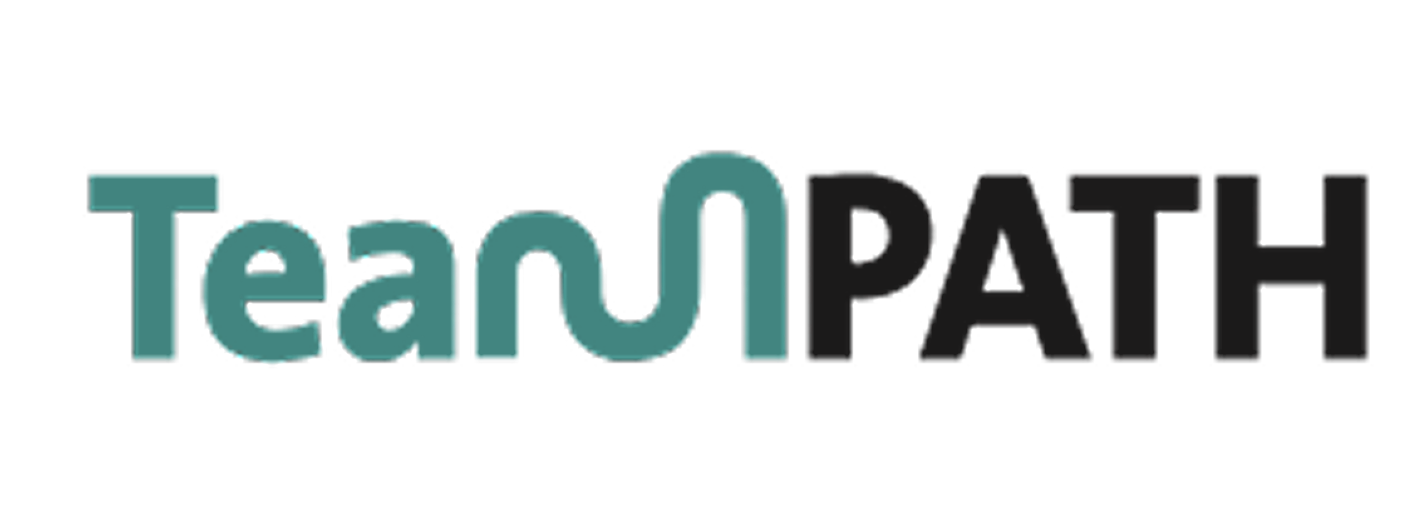How Effective Is Teamwork, Really? Evidence from Healthcare Teams

Team Science – With a Twist
At TeamPath, we like our advice backed by evidence. But let’s be honest—academic research on teams can be a bit dry. So we’ve asked AI to turn top team science papers into podcast-style conversations.
The result? Something like John and Gail from Pitch Perfect—if they swapped a cappella commentary for team dynamics. John’s blunt and occasionally inappropriate. Gail’s sharp and slightly over it. Together, they break down the science so you don’t have to. It’s research, with a little banter.
Disclaimer: These episodes are AI-generated. While we aim for accuracy, the bots may occasionally go rogue.
Based on the paper by Schmutz, Meier, and Manser (2019).
Teamwork Has a Measurable and Meaningful Impact on Performance
In a systematic review and meta-analysis across 31 studies and 1390 healthcare teams, Schmutz, Meier, and Manser found that effective teamwork is significantly associated with improved performance outcomes. The research concludes that teamwork is a critical process to be supported and developed—regardless of the specific team composition, size, or task type.
Key Findings: Teamwork Strengthens Team Performance—Consistently
The meta-analysis produced several important findings:
- Teamwork positively correlates with performance (r = 0.28, considered a medium effect size). Teams that engaged in better teamwork were nearly three times more likely to achieve higher clinical performance outcomes.
- The relationship holds across different contexts: Interprofessional and uniprofessional teams showed similar benefits from teamwork. Real clinical teams and experimental teams both saw positive impacts. Both routine and non-routine tasks benefitted from good teamwork.
- Simulation vs. real-world settings: Teams in simulated environments performed comparably to real-world teams, suggesting simulation training is a valid method for improving teamwork.
- Process measures were more strongly related to teamwork than outcome measures: Process indicators (like adherence to guidelines) were more directly and immediately affected by good teamwork compared to distal outcomes (like mortality), although both showed significant relationships.
In short: Better communication, coordination, and collaboration consistently improve how teams perform—even when patient outcomes are harder to attribute directly.
Current Thinking: Where Research on Teamwork is Headed
Schmutz et al.’s study fits into a broader shift in the understanding of teamwork:
- From intuitive to evidence-based: Rather than assuming "teamwork matters," researchers are now providing systematic, quantitative proof.
- Beyond emergency-only focus: Historically, team training was emphasized in high-pressure emergency scenarios. However, this research suggests that teamwork improves performance in both routine and crisis contexts, expanding its relevance.
- Focus on process over outcome: There is growing appreciation that good team processes—like clear communication and effective coordination—drive better outcomes even when those outcomes are influenced by many factors.
- Simulation as a training tool: High-fidelity simulation can effectively develop teamwork skills that translate into real clinical environments.
Current research now explores how to sustain high levels of teamwork over time and in varied conditions, not just how to create it temporarily.
Why This Matters for Team Path: Practical Takeaways for Teams Outside Healthcare
Although this study focuses on healthcare teams, the practical implications for any organization—including those using team development tools and behavioral team training—are clear:
- Prioritize teamwork behaviours, not just individual skills: Effective teams depend not only on each member’s technical competence but also on their ability to collaborate, coordinate, and adapt.
- Embed teamwork in daily routines, not just crisis situations: Routine work benefits from strong teamwork just as much as high-pressure scenarios.
- Measure process, not just outcomes: Monitoring teamwork processes (e.g., through observational tools or team diagnostics) can provide earlier indicators of performance issues or strengths.
- Use simulations and practical exercises: Role-plays, drills, and high-fidelity simulations are effective tools for practical team building activities that mirror real pressures and foster true collaboration.
- Support psychological safety: High-quality teamwork depends on open communication, speaking up, and respectful conflict—all core elements of psychological safety.
- Design habit-building interventions: Sustaining teamwork requires not one-off trainings but habit formation for teams—building collaboration routines into the team’s muscle memory.
For Team Path, this research reinforces a core principle: good teams are made, not found, and systematic investment in teamwork processes pays off measurably over time.
Final Reflection
This study provides rigorous, empirical confirmation that teamwork is a critical driver of team success—not just a "soft skill," but a practical necessity that impacts real-world outcomes.
Organisations that invest in strengthening teamwork processes—through training, reflection, and structured habit-building—are positioning themselves to perform better, adapt more quickly, and sustain healthier team environments over the long term.
The evidence is clear: Building effective teamwork is not optional. It’s essential.
This podcast includes content generated with the help of artificial intelligence. While we've done our best to guide and review the conversation, there may be occasional errors or inaccuracies. Please listen with that in mind and always double-check any critical information. Thanks for your understanding!
See how TeamPath can transform your team’s performance today


